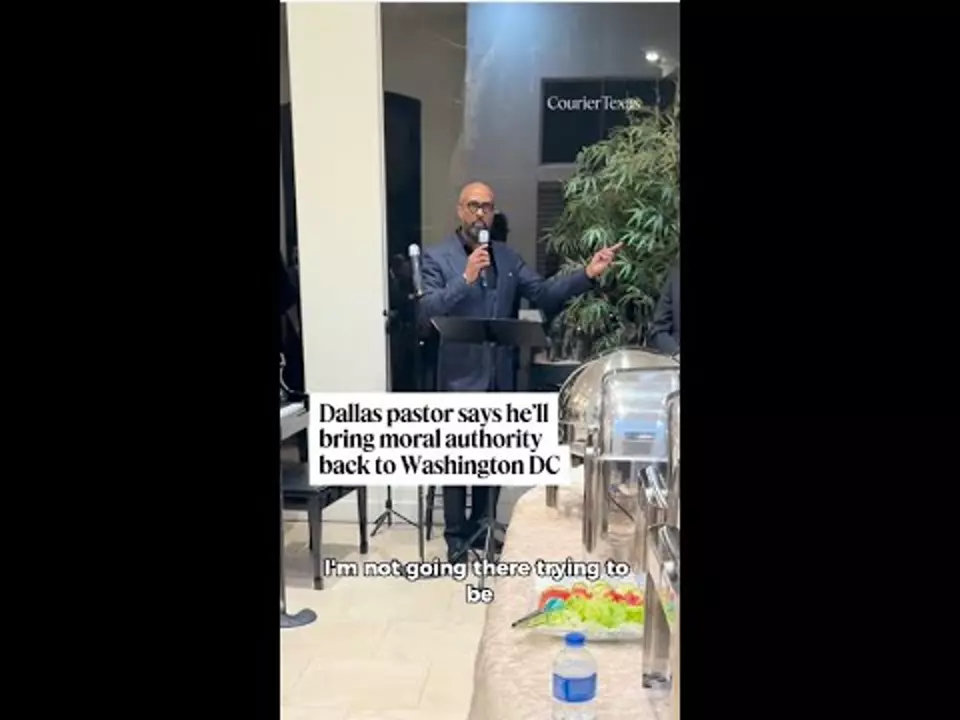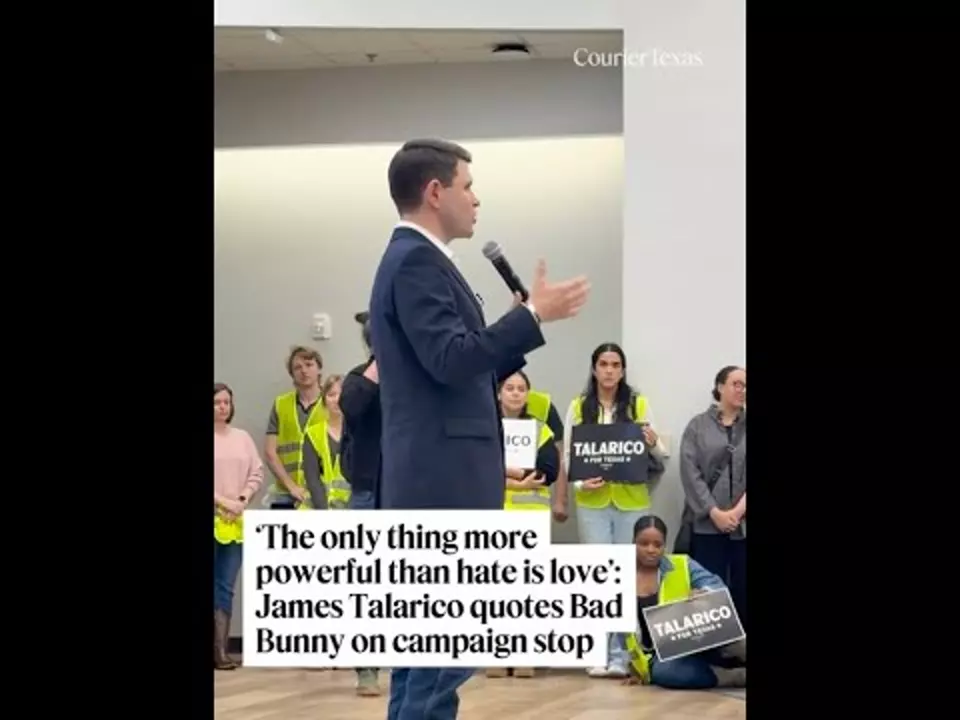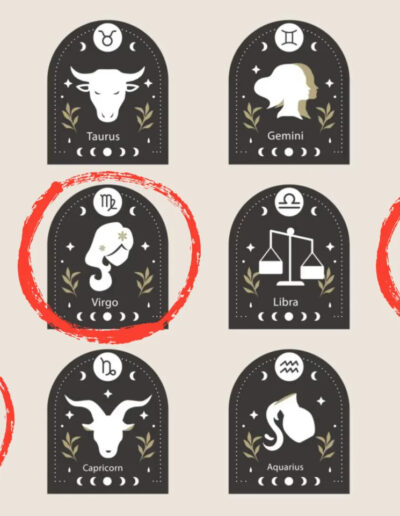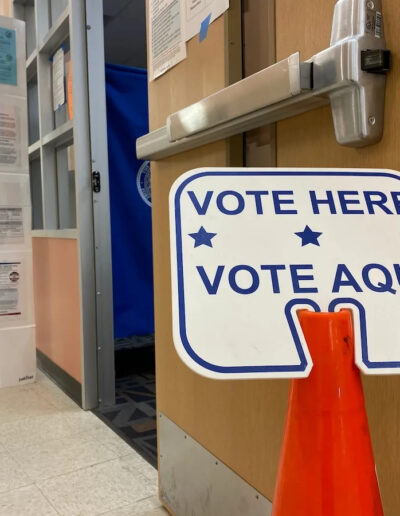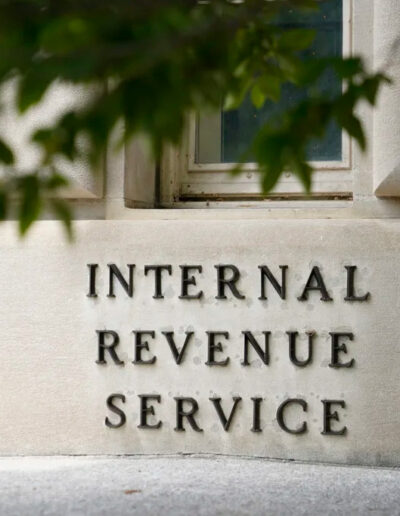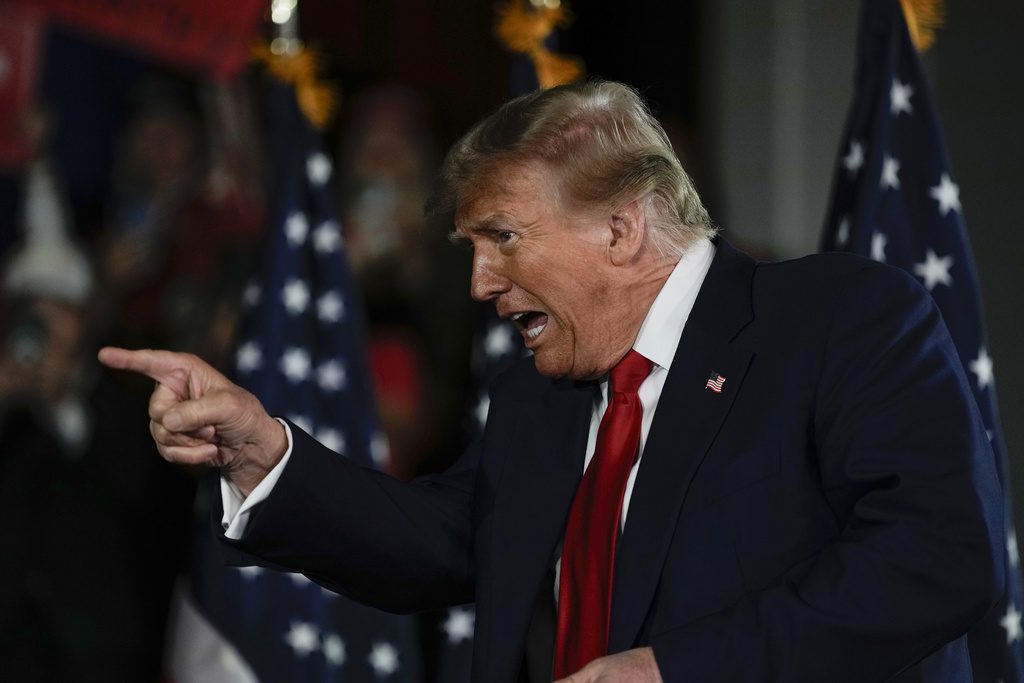
Republican presidential candidate former President Donald Trump gestures after speaking at a campaign rally on Wednesday, May 1, 2024, at the Waukesha County Expo Center in Waukesha, Wis. (AP Photo/Morry Gash)
In an interview published by Time magazine this week, former president Donald Trump detailed his plans for a potential second term and said he would allow states to closely track women’s pregnancies and prosecute those found to be in violation of abortion bans.
During his conversation with Time reporter Eric Cortallessa, Trump stopped short of expressing explicit support for a national abortion ban, which pro-choice advocates fear could make safe abortion access next to impossible in the US. It’s worth noting that Trump also refused to say he would veto a national ban. He did, however, proudly take credit for overturning Roe v. Wade, which once protected the constitutional right to an abortion nationwide.
“You know, Roe v. Wade was always considered very bad law. Very bad. It was a very bad issue from a legal standpoint. People were amazed it lasted as long as it did,” Trump said. “And what I was able to do is through the choice of some very good people who frankly were very courageous.”
A fact-check from CNN clarifies that many legal scholars stood behind Roe v. Wade, with some even calling its scope too narrow.
Red states would be free to enforce anti-abortion laws under Trump
The former president repeatedly emphasized his belief in states’ rights, seemingly trying to avoid voicing direct support for abortion bans at a certain number of weeks and claiming his personal opinion is unimportant. Instead, he said he would allow individual states to enforce abortion restrictions, no matter how extreme.
Under a second Trump term, he said, Republican-led states with strict abortion regulations would be free to track pregnancies and even criminally prosecute providers or patients who were found to be in violation of those regulations.
“I think they might do that,” he said when asked about whether state agencies should be allowed to monitor pregnancies. “Again, you’ll have to speak to the individual states.”
Reproductive rights advocates are fearful that a second Trump term could mean invocation of the Comstock Act, an 1873 law that would make it illegal to transport materials related to abortion—including medical equipment and abortion-inducing medication like mifepristone—via the mail, even in states where abortion remains legal. Trump stopped short of clarifying his stance on Comstock, saying he “has pretty strong views on that” and should have a statement to share within the coming weeks.
Despite Trump’s lack of clarity, groups like the Heritage Foundation have expressed direct support for use of the Comstock Act as part of Project 2025, their ideal blueprint for a second Trump presidency. While the project itself is not officially affiliated with any one candidate, many of its leaders and supporters are closely connected to Trump.
Trump would employ US military to enforce ‘law and order’
Beyond his statements on abortion, Trump spoke about issues like immigration, crime, and continued spreading conspiracy theories about the 2020 election.
On immigration, Trump said he would implement the “largest deportation operation in American history.” He falsely claimed that many immigrants crossing America’s borders illegally come from jails, prisons, and mental institutions—and said he’d use military agencies like the US National Guard to enforce “law and order” at the border and beyond.
“I can see myself using the National Guard and, if necessary, I’d have to go a step further,” Trump said, though he didn’t clarify what he meant by going a step further. “We have to do whatever we have to do to stop the problem we have.”
The former president falsely stated that actions taken against illegal immigrants by the National Guard wouldn’t violate the Posse Comitatus Act, which prohibits deploying the US military against civilians.
“Well, these aren’t civilians. These are people that aren’t legally in our country,” Trump said.
In reality, immigration status does not determine whether or not someone is considered a civilian. In many cases, constitutional rights are applicable to anyone on US soil, whether or not they’ve arrived with legal documentation.
‘There’s absolutely a bias against white’ people in America, Trump says
Trump called new FBI statistics about dropping crime rates “fake news,” explaining his view that “the FBI fudged the numbers and other people fudged numbers. There is no way that crime went down over the last year. There’s no way because you have migrant crime.”
When asked about so-called “anti-white racism” lamented by many of his followers,Trump was quick to express agreement.
“They’re sort of against anybody depending on certain views. They’re against Catholics. They’re against a lot of different people. They actually don’t even know what they’re against, but they’re against a lot,” he said of Biden, who is Catholic, and his administration. “If you look right now, there’s absolutely a bias against white and that’s a problem.”
Amid his statements about policy, Trump expressed confidence in his ability to win back the presidency this fall and pointed to unsubstantiated claims of election interference by Democrats.
“I do think we’re gonna win. We’re way ahead. I don’t think they’ll be able to do the things that they did the last time, which were horrible. Absolutely horrible,” he said. “I don’t think they’ll be able to get away with it. And if that’s the case, we’re gonna win in record-setting fashion.”





